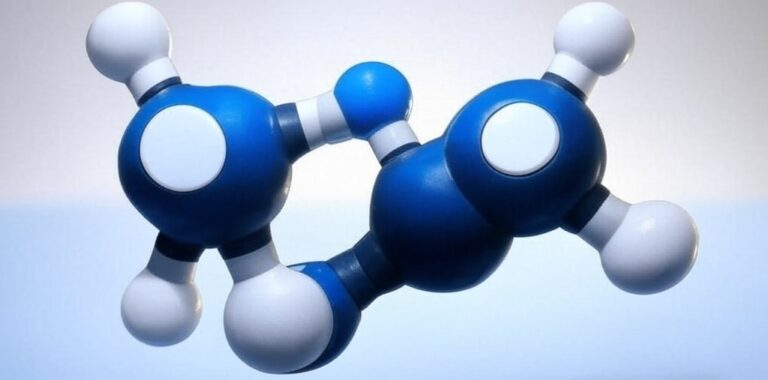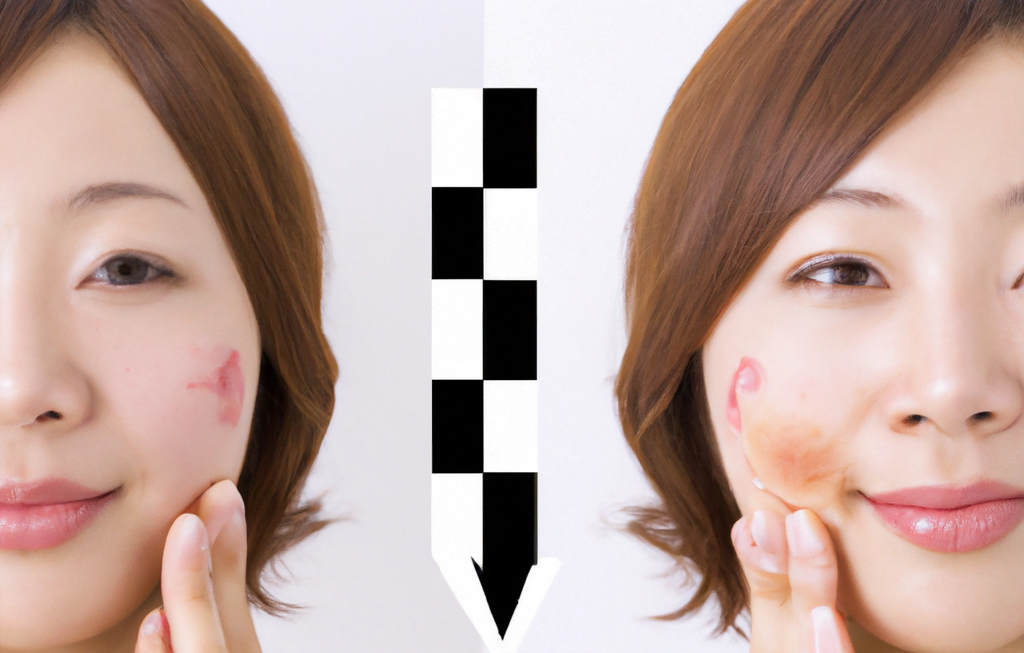
What is Gout?
Gout is a type of arthritis (joint inflammation) caused by a buildup of uric acid in the body. Uric acid is produced from the breakdown of purines, which are found naturally in the body and in meats, seafoods, alcohol, and fructose. The excess uric acid accumulates in the joints, and leads to inflammation and severe, often sudden pain.
Gout typically affects the feet, especially the big toe, but can cause pain in ankles, knees, elbows, wrists, and fingers. Men seem to be more at risk for gout than women.
About Uric Acid…
The accumulation of uric acid, or hyperuricemia, can occur over years. Some researchers believe gout is caused by an imbalance in the body’s pH. They feel that uric acid is a result of the body’s attempt to rebalance pH, and and it may be remedied by alkalizing foods and beverages.
Conventional Treatment
Some standard treatments for gout include:
- Over-the-counter nonsteroidal anti-inflammatory drugs (NSAIDs)
- Colchicine: A low daily dose may be prescribed after an acute attack to prevent future attacks.
- Corticosteroids: As a pill or injection, generally reserved for people who cannot use colchicine or NSAIDs
- All these have unpleasant health risks
Alternative Treatments
There are several natural remedies used to reduce or cure gout, and to help lessen pain. These remedies include:
- Drinking plenty of water to help flush out uric acid
- Consuming fresh or dried cherries or natural juic.
- Eliminating sugar from your diet
- Drinking beet juice for acidosis, and to stimulate the liver to cleanse the bile ducts
- Exercise to reduces uric acid by normalizing insulin levels
- Avoiding sardines, anchovies, and organ meats
- Reducing caffeine intake
- Reducing alcohol intake
- Drinking natural apple cider vinegar
- Taking bromelain, consumed in pineapple or as a supplement
- Taking vitamin C, from food or rose hips




